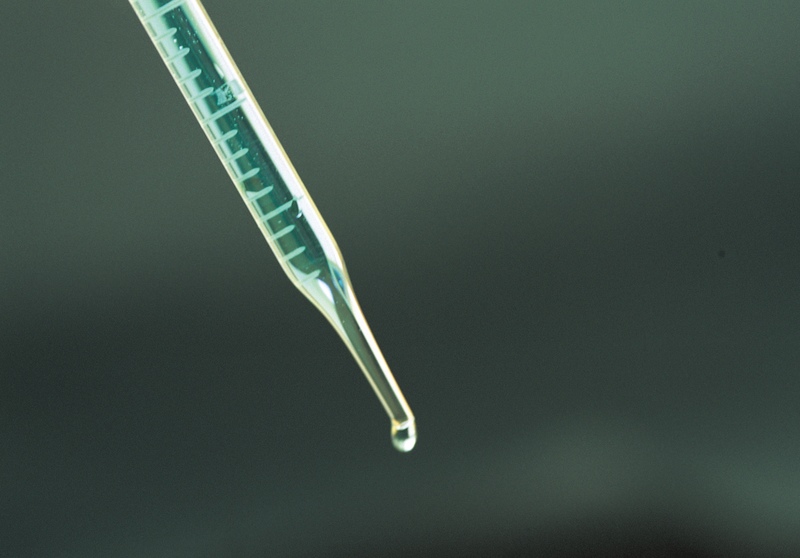
Here are some of the latest health and medical news developments, compiled by the editors of HealthDay:
New Gene-Based Prenatal Testing Has Pros, Cons
Scientists say that new high-tech “microarray” prenatal testing can spot many more genetic abnormalities in a fetus than current screens, but some experts worry that the test might leave parents with more questions than answers.
As reported by The New York Times, the test still requires sampling of fetal cells via amniocentesis (in which a needle is inserted into the uterus) or via tissue removed from the placenta. However, the new test replaces standard examination of fetal chromosomes under the microscope with a DNA-sensing chip that spots genetic aberrations that would otherwise remain unseen. Those mutations often lie behind conditions such as autism or mental retardation.
A study validating one of these new tests is expected to be published in a peer-reviewed journal soon, the Times said. Those who support the new test say any new information it can give will be valuable, while others worry that parents will be presented with complicated genetic information with a myriad of possible outcomes, a situation that will only cause unnecessary worry and make already difficult decisions even tougher.
Barbara Bernhardt, a genetic counselor at the University of Pennsylvania, has spoken with women who have undergone microarray prenatal testing. She told the Times that many of these women “are just not prepared for the uncertain information they are getting, often very late in a pregnancy.”
But the test has its supporters, too.
“There definitely are complicated things you run into,” Dr. Arthur Beaudet, chairman of molecular and human genetics at Baylor College of Medicine, which offers the newer form of testing through its laboratory, told the Times. “But in order to avoid that, are you willing to give up detection of clear-cut terrible disorders?”
The tests are not cheap, either: According to the Times, microarray testing can carry price tags of between $1,500 to $3,000, not including the cost of the amniocentesis.
—–
Breast Cancer Charity Announces Leadership Shake-Up
Susan G. Komen for the Cure, the leading breast cancer charity in the United States, announced Wednesday that its founder will step down as chief executive and its president will resign.
The shake-up comes on the heels of controversy that erupted in January after the organization tried to cut financing for breast cancer services provided by Planned Parenthood because that organization also provides birth control and abortion services, which some Komen executives oppose. Komen later had to reverse its position, following a firestorm of opposition from abortion rights groups.
In the statement released Wednesday, the charity said these latest moves signal “a period of transition,” and that founder Nancy Brinker will move into a management role that focuses on revenue creation, strategy and global growth once the search for a new senior executive is complete. President Liz Thompson will leave Komen in September, the charity added.
Brinker founded the organization in 1982 after her sister, Susan G. Komen, died of breast cancer; more than $740 million has been funneled toward breast cancer research since then, the charity said, which is more than any nonprofit has raised apart from the federal government.
“Our mission is clear and consistent, and will never change, regardless of the controversy earlier this year,” Brinker said in the statement. “We are doing everything in our power to ensure that women have access to quality cancer care and the support that they need, as we seek answers through cutting-edge research.”
Planned Parenthood said in a statement released Wednesday that it will continue to work with Komen.
“In our shared commitment to ensuring that all women have access to breast health services regardless of income, the Komen-funded Planned Parenthood programs have helped thousands of women in rural and underserved communities get breast health education, screenings, and referrals for mammograms,” Planned Parenthood President Cecile Richards said in the statement. “We are proud to continue this work together.”
—–

